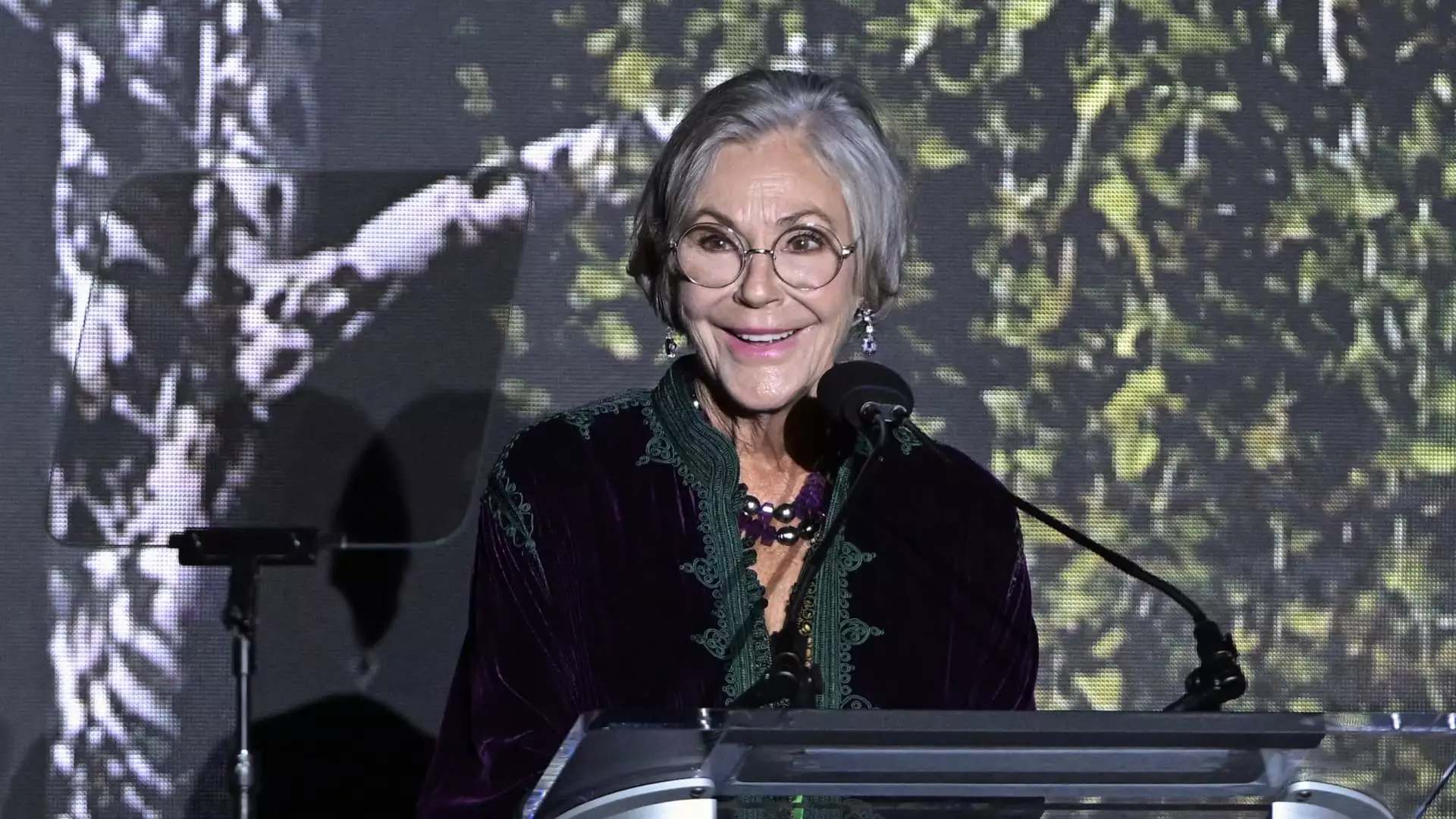As the global economic landscape evolves, a notable transformation is occurring within the ranks of the world’s wealthiest individuals. Recent data reveals that women are increasingly entering the billionaire class, marking a shift not only in numerical representation but also in financial priorities and philanthropic endeavors. According to the Altrata Billionaire Census, approximately 13% of the 3,323 billionaires worldwide are women, totaling 431 individuals. Although this percentage might seem modest, the gradual increase over the last decade speaks volumes about changes in female entrepreneurship, societal attitudes toward women in business, and significant inter-generational wealth transfers.
Women have historically faced challenges in accumulating wealth comparable to their male counterparts, yet circumstances are changing. The increasing presence of women in business, coupled with shifts in cultural perceptions regarding gender roles in finance, lays the groundwork for an encouraging future. Observing these trends presents a complex picture that intertwines wealth accumulation with social responsibility.
One striking finding from the Altrata report is the impact of inheritance on female billionaires. A staggering three-quarters of women in this elite group have inherited their wealth, with 38% relying solely on family fortunes. This contrasts sharply with the male billionaires, of whom only 5% have inherited their riches. The statistic emphasizes the role of wealth transmission in establishing female billionaires. For instance, high-profile names like Alice Walton, Julia Flesher Koch, and Françoise Bettencourt Meyers exemplify the influence of the generational wealth transfer, as they hold substantial fortunes gained from inheritance.
Moreover, predictions indicate that women stand to inherit an estimated $30 trillion in the upcoming decade, commonly referred to as the “Great Wealth Transfer.” This impending shift further emphasizes the enduring significance of inheritance in shaping the profiles of female billionaires.
Another noteworthy aspect differentiating female billionaires from their male counterparts is their philanthropic behavior, which embodies a profound commitment to societal betterment. The report indicates that nearly 20% of female billionaires dedicate a significant portion of their time to nonprofit organizations—a stark contrast to only 5% of male billionaires. This discrepancy can be partly traced to the nature of wealth accumulation; with many female billionaires inheriting their wealth, they are often less burdened by commercial obligations and, thus, can devote more time to philanthropic efforts.
The charitable inclinations among wealthy women are closely tied to their motivations and the causes they choose to support. Many prioritize social justice, welfare initiatives, and nonprofit activities, positioning their financial resources to make impactful contributions to society. This shift underscores a nuanced financial philosophy established by female billionaires, emphasizing purpose-driven giving over mere accumulation.
The financial portfolios of billionaire women also reveal distinct differences from those of men. Women tend to hold larger proportions of their wealth in private investments (35% vs. 28% for men), along with a significant focus on liquid assets and cash (39% compared to 30%), indicating a more conservative investment approach. Conversely, a greater percentage of male billionaires—40%—allocate their wealth to stocks, reflecting a more aggressive investment strategy, particularly in technology-driven industries.
The ownership of luxury assets further highlights these disparities. Female billionaires are notably more likely to possess high-value real estate, with 1.5 times the likelihood of owning properties valued at over $10 million. In contrast, their male counterparts are more inclined toward tangible luxury items such as private jets and expensive cars, with billionaire men outpacing women in ownership of items valued over $1 million.
Beyond financial portfolios and philanthropy, gender distinctions emerge in personal interests and hobbies. For female billionaires, philanthropy ranked as the most prevalent hobby, cited by 71% of respondents, while sports took the lead among their male counterparts, also reported by 71%. This divergence reflects differing values, with women often prioritizing community engagement and social impact, while men frequently gravitate toward competitive and recreational pursuits such as aviation or outdoor activities.
The trends observed among female billionaires represent an essential evolution in wealth distribution and social commitment. As they continue to gain ground within the billionaire ranks, they are reshaping the narrative around wealth, offering a lens through which the responsibilities associated with significant financial resources can be viewed. The growing influence of women in billionaire circles serves as a testament to their resilience, dedication to philanthropy, and evolving financial philosophies, promising a new chapter in the story of wealth creation.

Leave a Reply